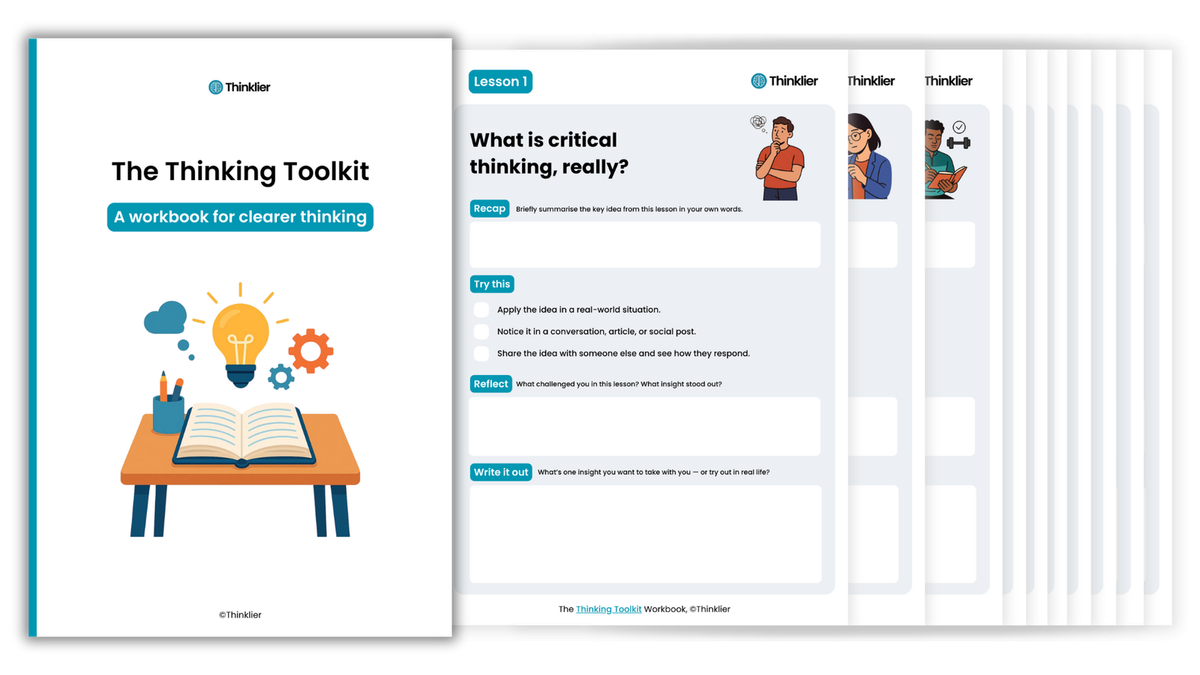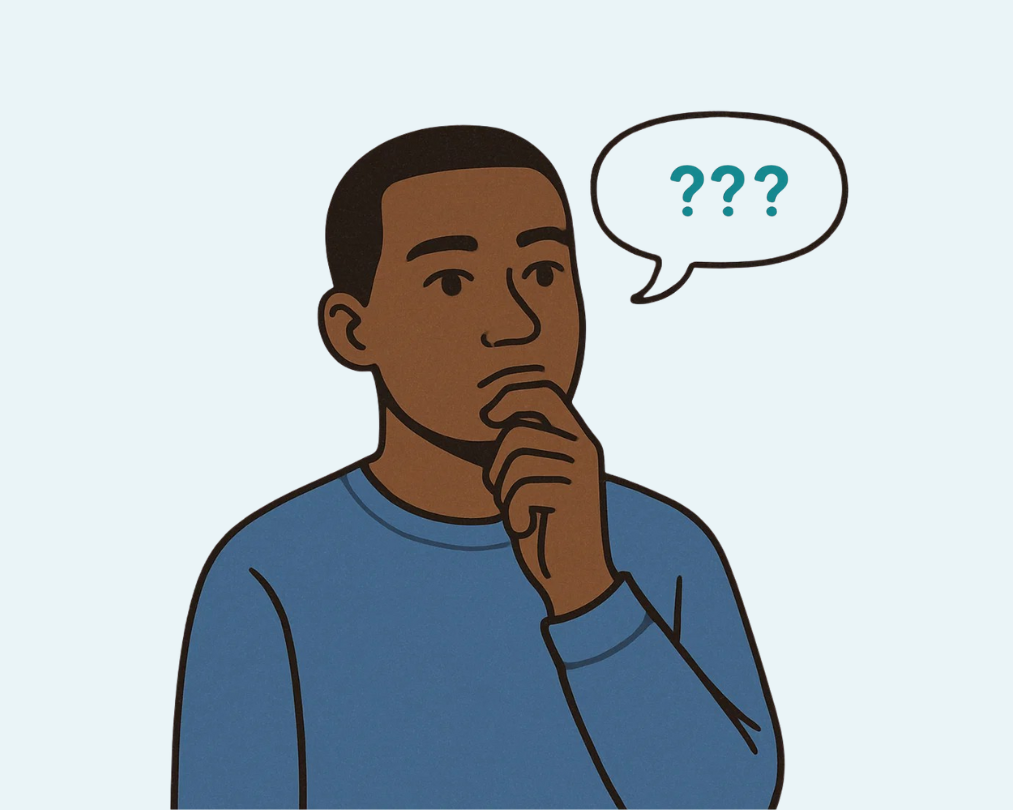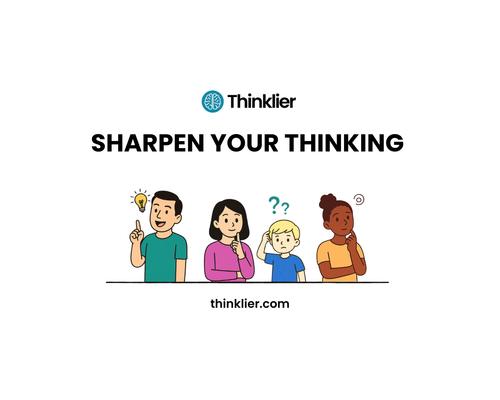Lesson 6: Intellectual humility: why it matters
From The Thinking Toolkit
Being open to being wrong is a strength, not a weakness. This lesson explores the value of humility in thinking — and how to practise it.
We live in a culture that rewards confidence.
Certainty. Bold claims. Strong opinions delivered with conviction.
But being loud isn’t the same as being right.
And being smart doesn’t mean you’re finished learning.
Intellectual humility is the quiet strength to say:
“I might be wrong.”
“I hadn’t thought of it that way.”
“Let me reconsider.”
It’s not weakness. It’s wisdom.
What is intellectual humility?
It’s the recognition that your knowledge is limited — and that other people might know things you don’t.
It doesn’t mean doubting everything. Or staying silent. Or letting go of convictions.
It means holding your views lightly enough to revise them when better evidence or arguments appear.
Why it’s rare
We’re wired to protect our egos.
We equate being wrong with looking foolish.
And in a world of online shouting matches, humility can feel like backing down.
But it’s not.
It takes far more strength to rethink a position than to dig in and defend it.
The power of “I don’t know”
There’s something quietly radical about admitting uncertainty.
It builds trust. Invites conversation. Leaves space for discovery.
And it protects us from falling into the trap of false certainty, where we become more interested in being right than in getting it right.
Intellectual humility in action
You don’t have to agree with everyone. You don’t have to stay neutral.
You just have to stay open.
- Open to new evidence
- Open to better arguments.
- Open to updating your map of the world.
That’s not fragility. That’s cognitive strength.
Mini challenge: soften a certainty
Think of a strong opinion you hold — political, moral, or personal.
Now ask:
- Where did this belief come from?
- What evidence could change my mind?
- Have I ever argued against it just to test it?
If not, try writing a few sentences from the other side — as strongly and fairly as you can.
That’s humility in practice.
In short
Intellectual humility is the strength to admit you might be wrong — and the curiosity to seek what’s right.
It doesn’t mean staying silent or passive. It means staying open.
In a world full of noise and ego, humility isn’t just polite — it’s powerful.
Don’t forget the companion workbook
To get the most out of this lesson, download the workbook — it gives you space to reflect and one simple habit to build.

Next up







